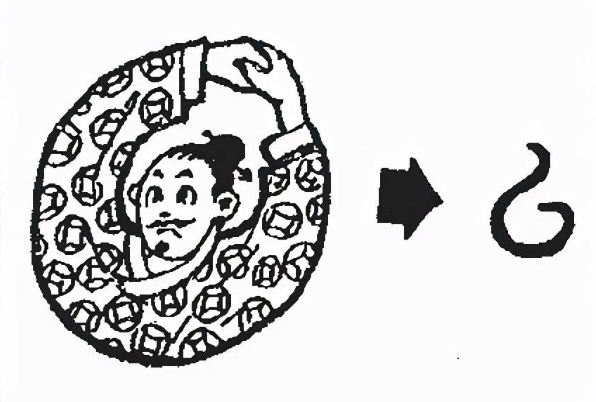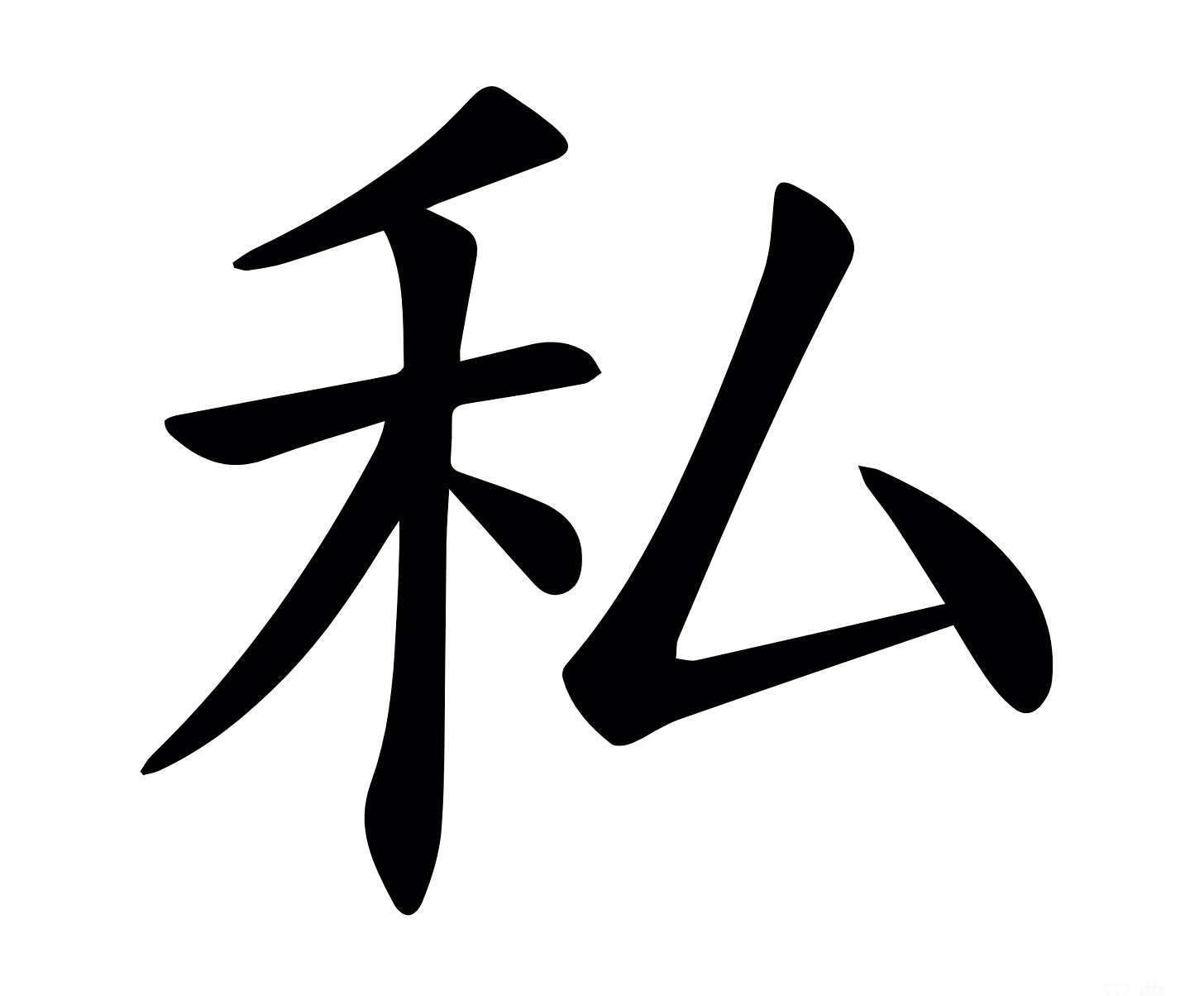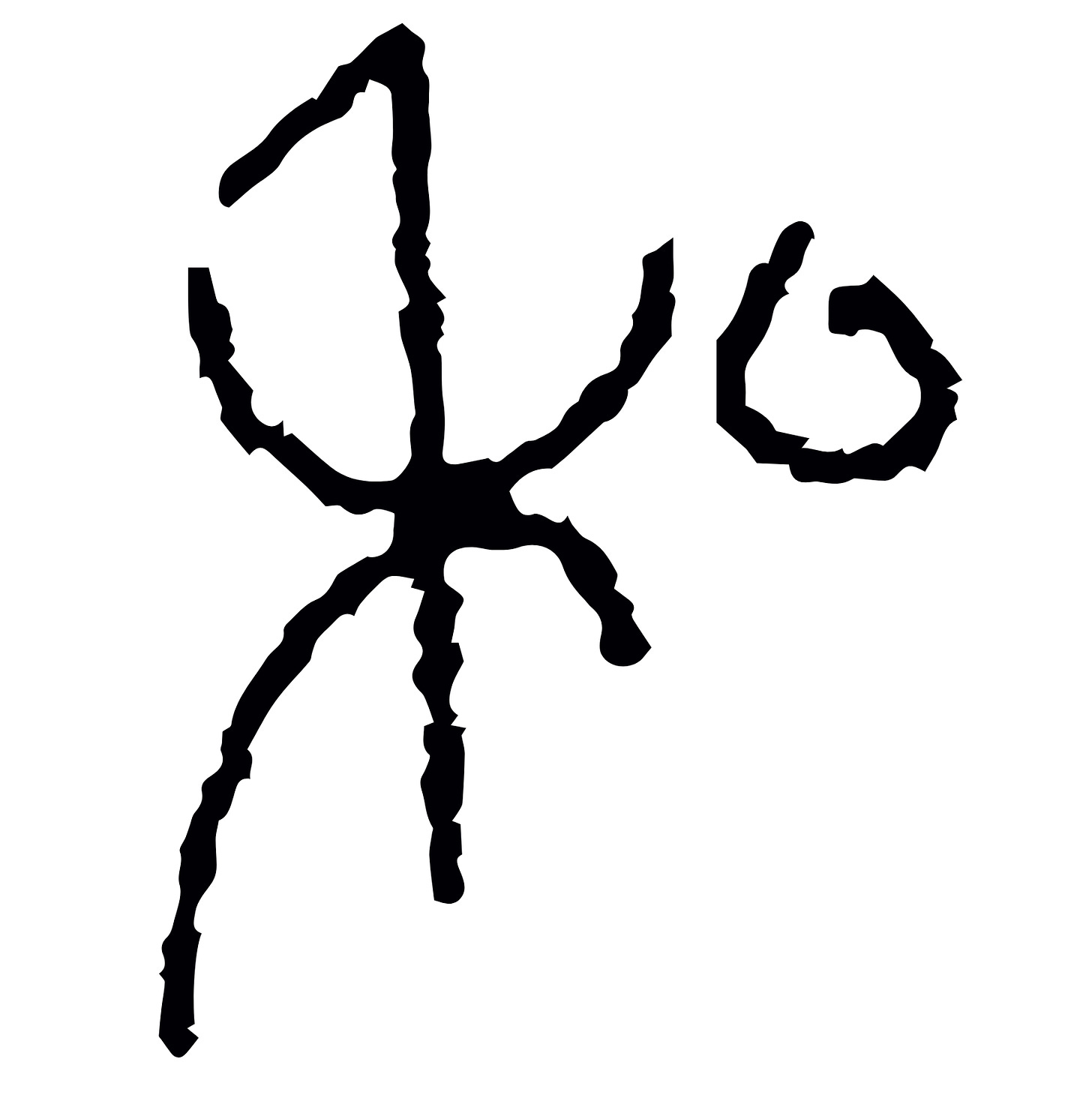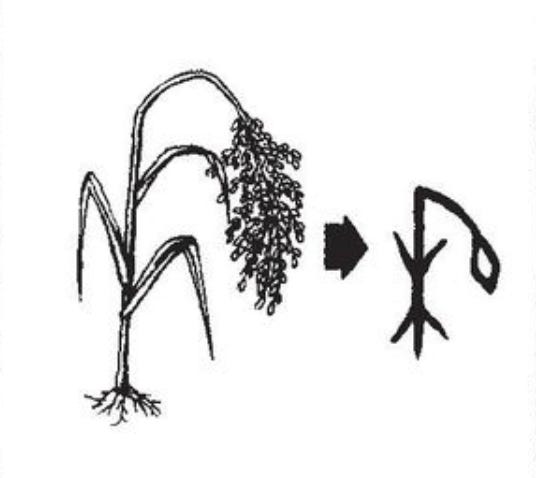To Be Selfish Is To Be In Integrity

What the ancient Chinese knew 🙆🏻♀️
I love selfishness. I love how being selfish feels. I love the texture of how selfishness feels in my body and the space I inhabit. I serve myself, first and always, so that I may enjoy a deeply fulfilling and pleasurable life.
I love being selfish, and you should too.
I am here to be selfish, and so should you.
Are you triggered? 😈
Selfishness in the Collective
Selfishness is a topic that is burdened by layers and layers of collective and cultural projection fields. In other words, lots of morality, judgement, and stories cloud our ability to see the Truth of selfishness.
I am not just a woman but a young woman, and I am not just a young woman but a young woman of Chinese heritage. Thus, I can tell you this from a lifetime of experience - being very selfish and thoroughly enjoying the experience of selfishness can be deeply triggering to others.
A veritable Pandora’s box of projection is thrown at my being because I am not interested in dedicating my life force to that which does not serve me chiefly. The stories, assumptions, and and judgement foisted onto myself because I choose to follow a self-sourced authority are utterly wild. I can sense in real time the degradation of an ability to see me with clarity. I am no longer Eden, an individual, but Eden, a character. This character could be anyone, from an imprint of someone from a wounded past to an antagonistic archetype from a cautionary tale.
What, then, is the Truth of selfishness? How may we clearly see, with unadulterated sight, the absolute beauty of being selfish?
The answer, as always and to my great delight, is to look to the Earth. To understand the mechanics of selfishness, look to vaster energies, for they are the biggest advocates of selfishness. Selfishness is a law of nature, woven into every form of life on the planet. An invocation of selfishness is life giving, regenerative, and universe-creating. Selfishness begets Life.
To Be Selfish is of Highest Integrity
Is relentless dedication to the self not the highest order of respect for the life force which we have been gifted? Does a beautiful, life serving selfishness not do all incredible justice? Is it not of the highest integrity to be selfish?
What does integrity have to do with selfishness? 🤨
To me, integrity, or complete and utter wholeness, goes hand in hand with selfishness. The ancients knew this, and were dancing with the energies of selfishness and integrity thousands of years ago.
In fact, integrity is literally encoded into selfishness in the Chinese language. The original Chinese character for selfish is 厶. The iterations from its archaic form to its modern day form are shown below:

Notice how the archaic character is a closed loop? Chinese is a deeply embodied language, and you can see the character being played out here (side note - 🙆🏻♀️ lol):

We can see here that to be selfish is to bring all of you along. To be selfish is to maintain your integrity, your completeness.
*** (if you want to learn about the story of the modern day Chinese character for selfish, 私, head on over to the footnote.)In preserving our wholeness, we refuse to shun any part of us in favor of another’s will. This is the radical position of selfishness. When wielded with pure intent, selfishness is incredibly life serving.
This seems so serious, but really, your homework (if you are interested in this!) is to just go out and play with being selfish. See what happens when you drop selfish’s bad guy costume and be with selfishness as it is 😉
Here’s to your 🙆🏻♀️ 🙆🏻♀️ 🙆🏻♀️ !
Eden Harmony
***Footnote about 私, the modern day character for selfish. This is the 私 sī in "自私" zìsī, the commonly used phrase for selfish.Here is the Chinese character for selfish, 私:

Chinese characters are often composed of compound characters, which contribute to a character’s meaning or sound. In this example, ‘selfish’ is made by bringing two individual characters together. 私 = 禾 + 厶. We already covered what 厶 means above - selfish. So what’s going on with the added 禾? Well, 禾 means grain, or food. Thus, we can see that 私 is depicted as selfishness around the resource of food.
The archaic form of 私 is this:

See how the character on the left, 禾, grain, looks like a stalk of grain? It actually depicts a mature, ripe stalk of grain ready for harvest:

Gorgeous, right? 🙃